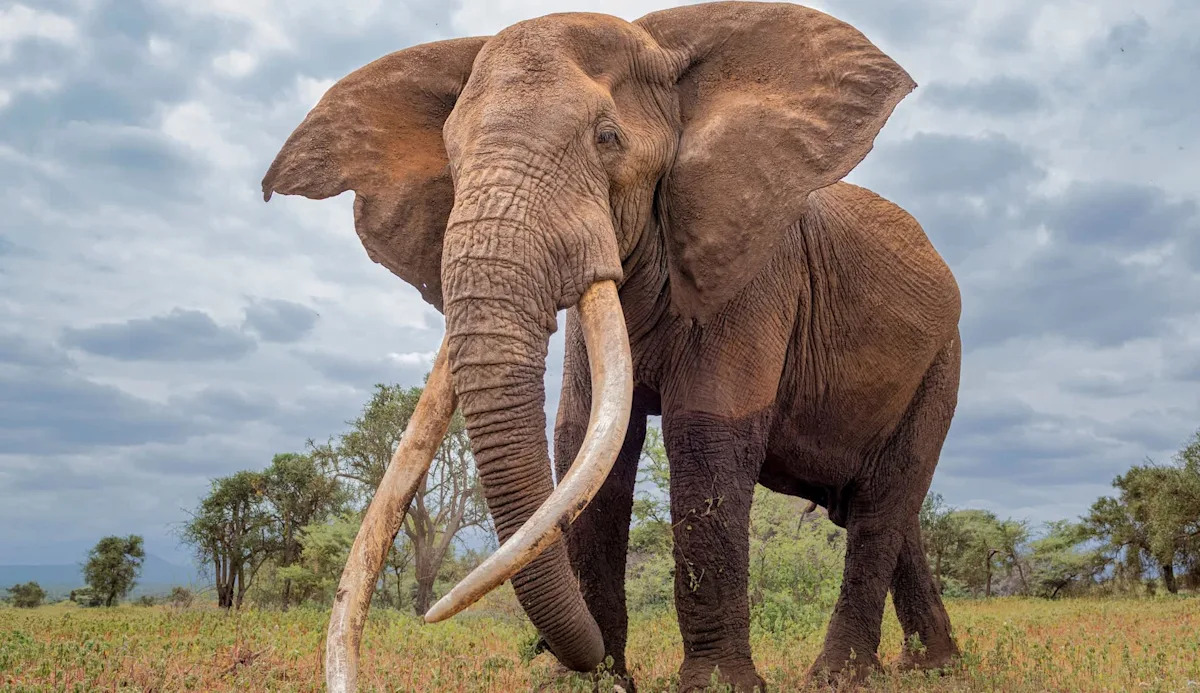Feeding wild animals can be a dangerous game — especially with one as big as an elephant. Unfortunately, biologists in Sigur have documented a concerning food trend among elephants that could pose serious issues.
What’s happening?
According to The Hindu, biologists in the Sigur plateau shared a study documenting an alarming trend in elephant behavior. The study, which was published in the Ecological Solutions and Evidence journal, showed that 11 elephants became “habituated to” (used to) human feeding.
The Hindu reported that local resort owners had been feeding the elephants since at least 2007, when observations began. Over time, the biologists noticed that four of the 11 died due to human behavior, with a fifth experiencing severe injury.
Interestingly, The Hindu noted that COVID-19 restrictions caused most of the remaining elephants to stop seeking food from humans. Ultimately, that means the animals could become “de-habituated” to our food over time.
Further complicating the issue, researcher Priya Davidar said, “Even when they are being chased away … they face a higher risk of being killed or injured when trying to traverse human infrastructure,” per The Hindu.
Why is it important to avoid feeding wild animals?
Wild animals that start to rely on human food sources can put everyone at risk, including themselves, people, and the environment.
For example, feeding wildlife can lead to aggression and the spread of diseases, which can cause injury or even death to humans, per the U.S. Fish & Wildlife Service. The animal could also cause property damage or dangerous road collisions, explained the Lincoln Park Zoo.
Further, the National Park Service emphasized that animals used to human food may stop eating the nutrients they need to survive, leading to illness or starvation.
Food habituation can also alter how an animal interacts with the ecosystem. Access to human food could lead to a smaller home range, altered activity patterns, and a decline in hunting and foraging skills, according to the Lincoln Park Zoo.
Unfortunately, this is not the only time elephants have faced threats to their well-being due to human-influenced concerns, such as logging and agriculture, rising temperatures, and plastic waste.
What’s being done to stop people from feeding wildlife?
While there’s no one-size-fits-all approach to saving wildlife, many individuals are working to address concerns like food habituation. The study authors stated that further research is required to determine why elephants enter human areas for food, according to The Hindu.
So, while scientists work to understand these behaviors, everyday people can also help prevent wildlife feeding.
The U.S. Fish and Wildlife Service offers several easy actions you can take to reduce the likelihood of animals getting into human food. First, secure any trash, compost, or recycling out of reach of wildlife. Additionally, the FWS recommends keeping pet food indoors and avoiding the urge to feed injured or orphaned animals.
Meanwhile, Colorado Outdoors advises keeping bird feeders out of reach of bears and deer and picking up fallen fruits from trees to reduce animal gathering.
If you witness someone feeding wild animals, report your concern to your local game commission or wildlife office.
Join our free newsletter for good news and useful tips, and don’t miss this cool list of easy ways to help yourself while helping the planet.


